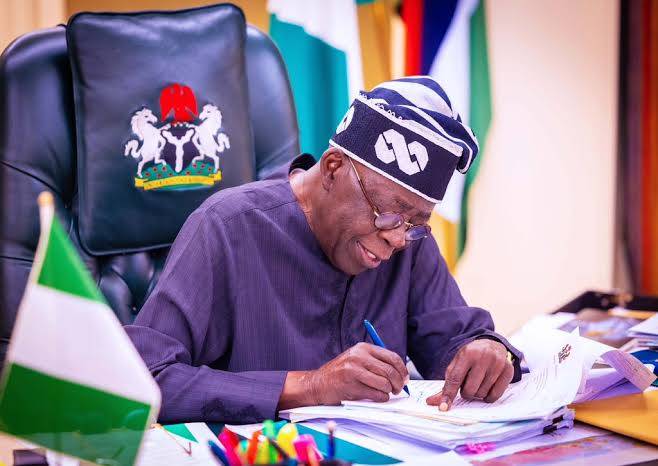With ₦170tn Debt In Sight, FG Still Plans ₦31tn Fresh Borrowing
The Federal Government of Nigeria has announced plans to borrow an additional ₦31 trillion, a move that could raise the nation’s total debt stock to an unprecedented ₦170 trillion. This decision has sparked widespread concerns about the sustainability of the country’s fiscal strategy, especially given its already strained revenue base.
Nigeria’s debt profile has been steadily rising over the years, driven by recurring budget deficits, infrastructure funding needs, and external shocks. The proposed borrowing is expected to finance gaps in the 2024 budget and fund critical projects under the National Development Plan. Government officials argue that the funds are necessary to stimulate economic growth, address poverty, and create jobs. However, with debt servicing already consuming over 80% of government revenue as of mid-2024, critics worry that further borrowing could exacerbate the country’s fiscal challenges.
The heavy reliance on borrowing raises questions about its impact on Nigeria’s economy. Rising debt servicing costs continue to erode resources meant for key sectors such as health, education, and social development. Additionally, Nigeria’s high level of external debt exposes the economy to exchange rate fluctuations, which could further increase the cost of servicing foreign loans amid persistent naira devaluation pressures. On the domestic front, excessive borrowing risks crowding out private sector investments, potentially stifling economic growth and job creation.
While the government has defended its borrowing plans as essential for national development, experts have called for a more sustainable approach to fiscal management. They advocate for diversifying revenue sources, improving tax collection, and curbing leakages in public finances. Transparency in the utilization of borrowed funds is also critical to ensure they yield tangible economic benefits and avoid wastage.
The announcement has reignited debates about Nigeria’s debt strategy, with many urging caution to prevent a debt crisis. As borrowing levels near critical thresholds, the government must strike a delicate balance between addressing immediate developmental needs and safeguarding the country’s economic stability for the future.


